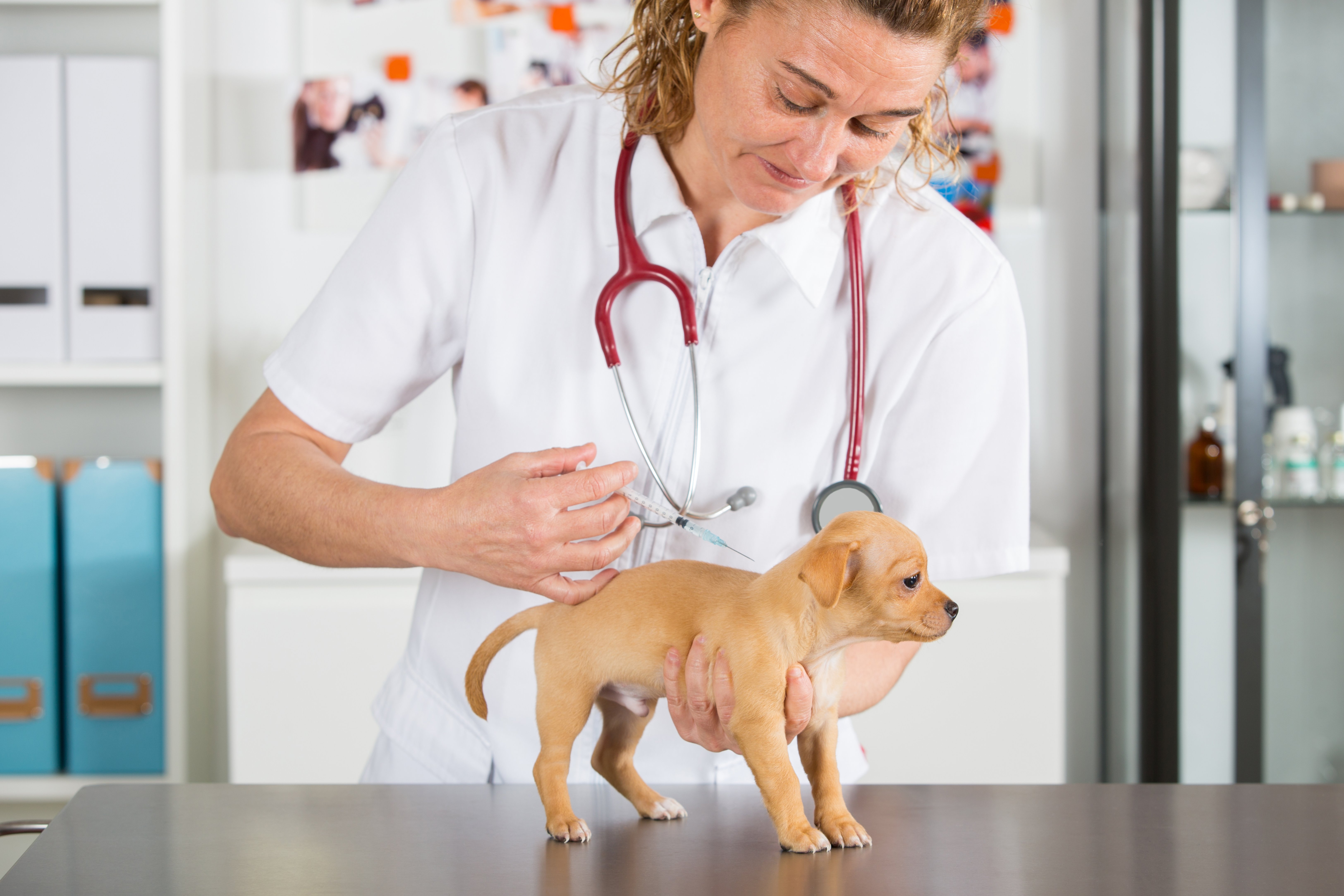
When you get a new pet, one of the things you need to ensure is their health. Pets get sick just like humans but can also prevent some diseases just like us. That is what vaccines for pets are mainly helpful for. They protect your pet from serious illnesses that can severely affect its health.
Vets administer these vaccines at different times in the lifetime of your pet. Some can last up to five years, and some can last a year. You will need to know which vaccines last a year and which ones last longer. This will help ensure that your pet is constantly up to date with their vaccinations.
What Is a Vaccine?
A vaccine is a medication that has either killed or weakened microorganisms injected into the body. A vaccine mainly works by stimulating the immune system to fight the microorganism. The immune system learns how to fight it and develops antibodies for that specific microorganism.
This is important, especially if the pet gets an infection from that microorganism. It will ensure that sickness does not overwhelm it or suffer any effects.
What Is Immunity?
Immunity refers to the complex defense mechanism of the body to defend itself against infection and disease. The primary cells responsible for the body's immunity are white blood cells. The infectious disease organisms have parts called antigens that are unique to the organism. When they enter the body, they cause white blood cells to produce antibodies. These antibodies fight off the infection and remove it from the body.
White blood cells maintain a memory of the antigens that they fight off. This memory allows them to produce specific antibodies against infectious diseases.
Types of Vaccines
There are two major types of vaccines that pets get: the modified live vaccine and the killed vaccine. The modified live vaccine is also known as a live-attenuated vaccine. It comprises an infectious organism that is significantly weak. The infectious organism is not harmful to the animal, but it can stimulate productive immunity in the pet's body.
A killed vaccine comprises a dead infectious organism. Usually, killed vaccines require an adjuvant in the vaccine to prompt a lasting immune response in the body.
Dog Vaccines
One primary vaccine that dogs receive is the five-in-one DHPP. It prevents parvovirus, parainfluenza, distemper, and two types of adenovirus or hepatitis. Usually, dogs receive this vaccine at eight, 12, and 16 weeks. Then they receive it a year later and then one to three years after.
Another primary vaccine that dogs receive is the rabies vaccine. Dogs usually receive this vaccine at 16 weeks, after a year, and then every three years.
Cat Vaccines
A primary vaccine for cats is the three-in-one FVRCP. Usually, they will receive this vaccine at eight, 12, and 16 weeks of age and then six months to one year later. Another vaccine that cats receive is the feline-specific rabies shot. Your vet will advise on how often your cat should receive this shot.
For more on pet vaccinations, visit Community Pet Outreach at our office in Lewisville, Texas. You can also call (972) 848-8930 to book an appointment today.





